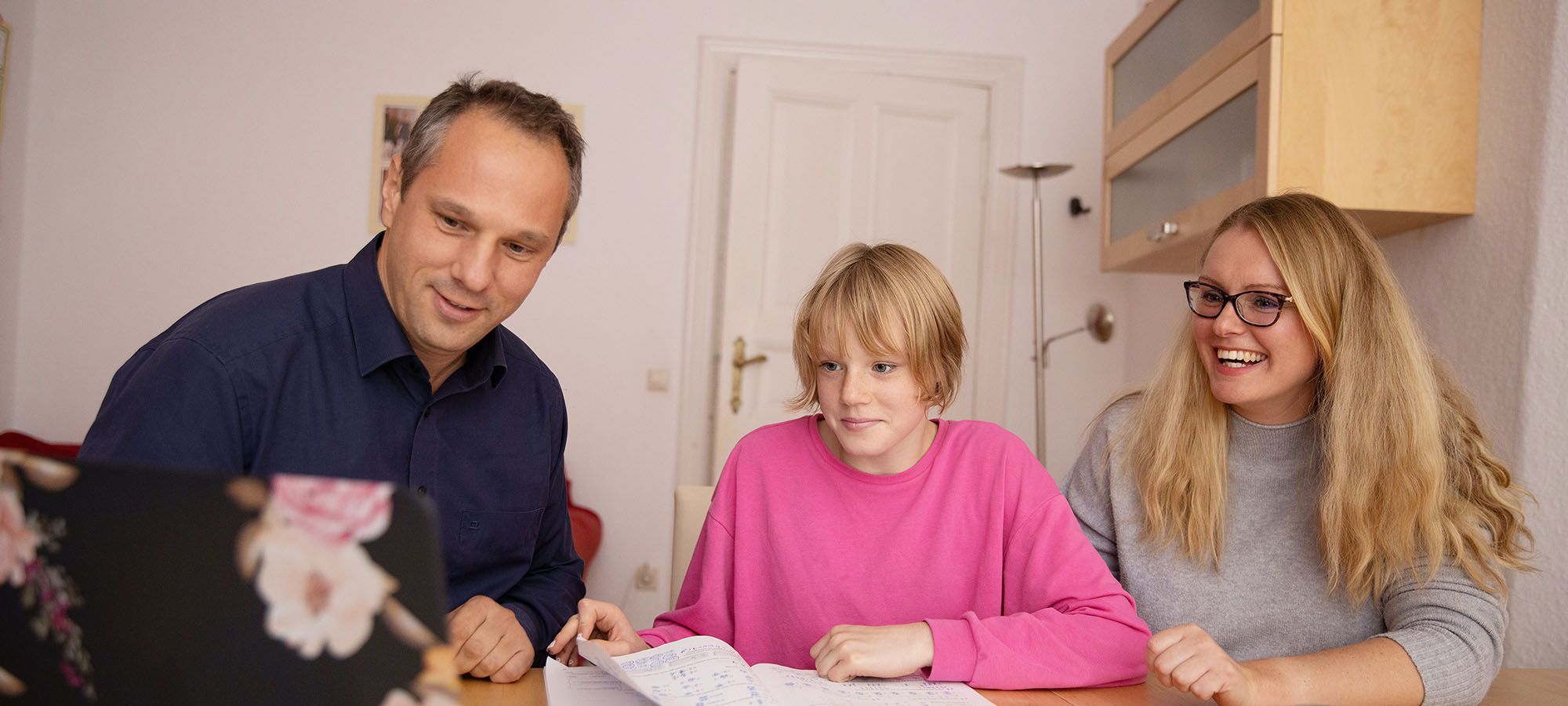
How do I balance their want for nothingness with academics?
Blair,
We’ve been homeschooling since my oldest was in 1st grade and my youngest has never been to public school. We’re a house of academics, but believe in outside the box, hands-on, project-based academics for most of our learning. My kids have always loved this and loved homeschooling, but this year they have both hit a wall. They just don’t want to do anything, even the projects they helped plan. Not doing anything for school is not an option and we are not looking to embrace an unschooling style education at this time. Maybe it’s just pandemic burnout or maybe it’s just part of homeschooling teens and will pass, but in the meantime, how do I balance their want for nothingness with the need to keep moving forward academically?
From Mike
Homeschooling 8 years
7th and 9th grade
Hello Mike,
When Charles Dickens wrote, “It was the best of times, it was the worst of times, it was the age of wisdom, it was the age of foolishness, it was the epoch of belief, it was the epoch of incredulity, it was the season of light, it was the season of darkness, it was the spring of hope, it was the winter of despair,” he could have been talking about educating teens in both a homeschool and traditional setting.
You are in challenging years, as a parent and educator! It is age and stage appropriate for teens to push the boundaries and challenge authority as they look beyond home and start to think about where they might be headed next. Even without a pandemic that comes with strife, then add in Covid and it can feel scary. The pandemic can make teens feel like the future is uncertain. My 22-year-old son recently told me that a lot of young people feel like they did everything we asked them to, and that they keep doing everything we ask them to, and, from the pandemic to the climate crisis to politics, it all feels uncertain anyway. If your teens are experiencing burnout, they are not alone.
Even with the challenges, homeschooling the teen years can be the best of times. Teens make intellectual leaps and bounds that show them bringing their knowledge together, making connections that are meaningful and profound. It is exciting to witness and be a part of! So how do you get more of this and less of the teen angst?
How do I balance their want for nothingness with academics?
● The acquisition of knowledge is a long game. The statement that you are a house of academics is a value statement. Your children grew up in a house that places real value on their being well-learned and able to make logical sense of the world around them. You taught your children how they, as unique individuals, learn. You engaged their minds and bodies and brought it all together in a holistic way with your focus on outside the box, hands-on, project-based academics.
I am not recommending you let them do “nothing,” however, and neither would most of the homeschooled to college students I know, mine included. Many times, I have heard first- and second-hand this cohort thank their parents for insisting they stick with academics during the teen years. They attribute the successes they have in college and jobs to their parents’ willingness to insist they keep learning, even when they tried to bully their parents into letting them do nothing. So, keep doing what you are doing.
● Make academics nonnegotiable. When my son would gripe about this, I told him if he still felt that way when he was 30, I would apologize then. (He thanked me when he was 20!) Make the basic subjects essential. It is important to have options. For example, my son wanted to get a degree in political science throughout his teen years. He was sure he didn’t need all that math I was forcing him to work on! He is now working toward a degree in construction engineering. Teens do not know what they might want to major in or to do for work, and neither do parents.
● Start a conversation. Your children are old enough for you to start an ongoing conversation about what they want in their lives. Let them know that academics are the best way to make that happen. If they are struggling with pandemic burnout, share with them how different the situation would be if everyone understood the science around this public health issue.
Talk to them about how to reengage. Be open and honest about why academics are important to you. Do not let them push your buttons or convince you they would be better off without academics. Make these conversations real and loving. They might not hear you today, but they will eventually.
● Set guidelines about the quantity and quality of work. It might feel pedantic but setting a minimum threshold for the amount and quality of work that needs to be done can help in this situation. Statements like, “You need to be able to write a persuasive essay,” or “You need to understand basic algebraic equations,” and this is how that is going to happen, might help.
Start by making a list of the academic tasks and intellectual understanding you think a well-learned person should have at the age of your children. Put a check mark by those where they already have some mastery. Use the items without a checkmark as the baseline for what is essential to be working on now.
● Would it help to outsource some of their academics? Outsourcing one or more nonnegotiable classes might help ease the tension. There are enough online platforms and community college classes to satisfy any interest. If you choose this route, it is important to get buy-in from your child. Doing nothing in a college class will result in an F, and that grade will follow your child to college. You will need to keep track to make sure your student is consistently doing their work.
Assuming they are not interacting regularly outside of your home, think about a live online class in an area of high interest. Make it one that is interactive, so they can get some time with others their age. This might help with pandemic burnout.
● Have big, meaty, meaningful academic conversations. Focus on their interests and yours. Start ongoing conversations about the issues you care about and the issues they care about (even if you are not interested in them). In these conversations, be thoughtful and respectful of your teen’s statements as you would be to an adult. Share video clips, news segments, articles, and books accompanied by the statement, “You will find this interesting.” Call them out on any logical fallacies too. Ask them what their sources are and where they are getting their information, like you would an adult who made an outrageous claim. This shows your respect for their maturing intellect, at the same time it underscores the value you place on the acquisition of accurate knowledge.
● Be thoughtful about mental health issues. Depression among teens is at an all-time high. Get help for them if you think this is part of the issue.
You seem to have real insight into how your children learn. Just stick with it. Do not let them make you doubt yourself!
Much Love, Blair
Check out more articles through the Ask Blair Page on this website.
This article appeared in the April 2022 issue of the SEA Homeschoolers Magazine.
Do you have a question for the fan-favorite column “Ask Blair” found in The SEA Homeschoolers Magazine? Please use this form to submit your homeschooling questions. The SEA team will select a few questions to be answered by SEA Homeschoolers Founder & Magazine Editor, Blair Lee, in each quarterly issue. Due to space, not all questions will be published in the magazine. Those that come in shortly after a magazine issue has been published will go on this page. These are important questions and we want to answer them for you in a timely way. Please be sure to include all pertinent information relevant to your question – examples: learner ages, grade levels, preferred resource format, topics of interest, preferred homeschool methodologies, state requirements you’re trying to meet, learning challenges, etc.
Submit your homeschooling question through this link.

